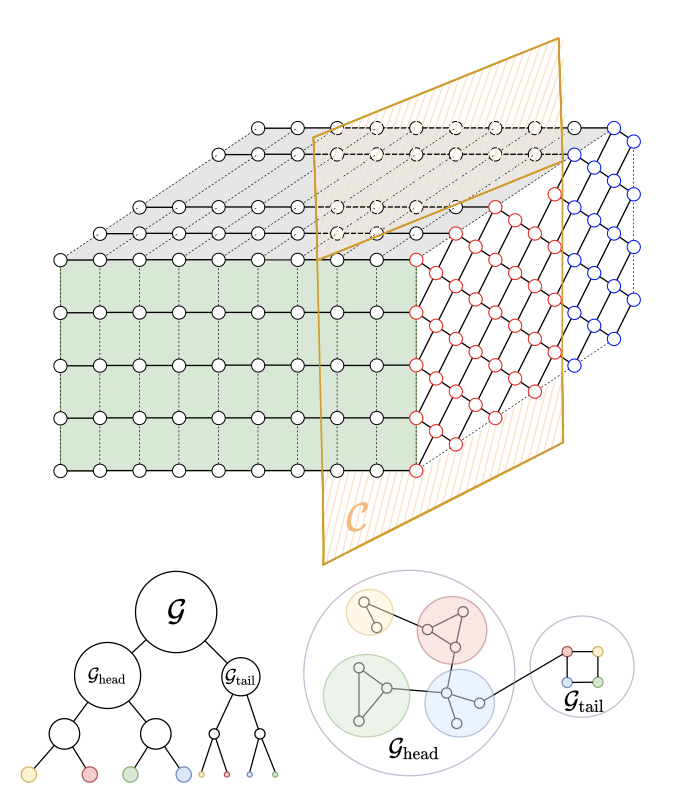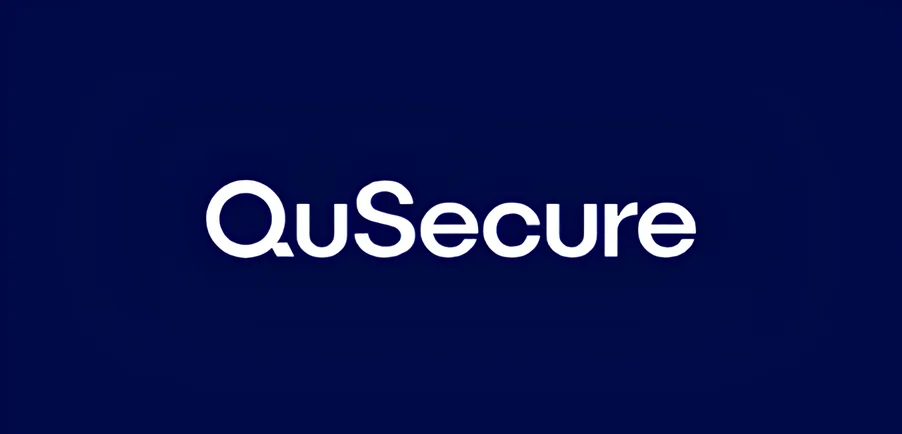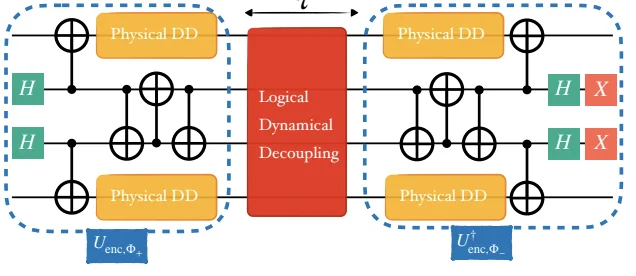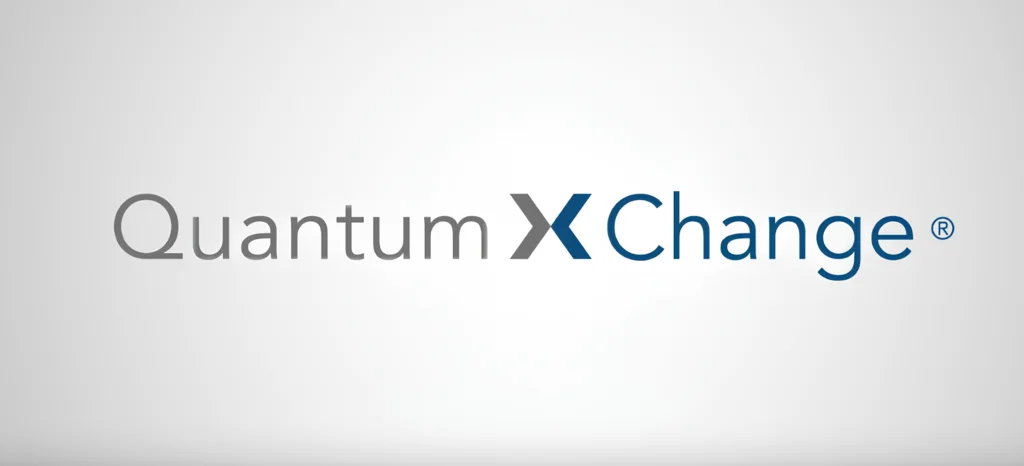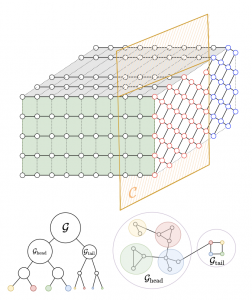
tensor network corresponding to a quantum circuit. The team said their method can outperform Google’s quantum computer.
A pair of Chinese scientists say they used a general tensor network method in an experiment that outperformed the sampling task performed by the Google’s Sycamore quantum computer, which led to the company’s announcement of quantum supremacy in 2019.
In a study, the researchers said they used the method on a relatively small cluster of 60 graphical processing units to generate one million correlated bitstrings with some entries fixed, from the Sycamore circuit with 53 qubits and 20 cycles, with fidelity that was much higher than those in Google’s quantum supremacy experiments.
The method uses massive parallelization over multiple GPUs, according to the researchers.
The researchers — Feng Pan and Pan Zhang, both of the Chinese Academy of Sciences — report their findings on arXiv, a preprint research server. Studies on the server have not been peer-reviewed. You can find the paper here.

The researchers write in their paper, “We have presented the big-head tensor-network method for computing a large number of bitstring probabilities for quantum circuits. The goal of Google’s quantum supremacy experiments was to obtain a large number of samples achieving a high enough FXEB for the Sycamore circuits with sufficient depth such that the task is intractable for classical computing. We have demonstrated that with our algorithm we are able to classically obtain a large number of samples with an even larger FXEB than the Sycamore experiments.”
The researchers said their method has several advantages over Google’s sample. For example, their method is able to output the exact amplitude and probability of any bitstring, while Google’s samples are not verified. They also claim that their method is less noisy than Google’s experiments in obtaining samples from the Sycamore circuits. Finally, the scientists said that they were able to compute conditional probabilities and sample from this distribution accordingly, something that they claim is difficult for Google’s quantum circuit hardwares.
They added that Google has advantages over their method in several areas.
“At the same time, our experiments also reflect that Google’s hardware has several advantages over our algorithm,” the researchers write. “The most significant one is that Google’s hardware is much faster in sampling the quantum circuits with sufficient depth, while our algorithm has exponential complexity, hence is not scalable to both depth and qubit number.”
Quantum supremacy is a controversial, but important milestone in quantum computer development. Most experts define quantum supremacy as a point at which a quantum computer can vastly outperform a classical supercomputer. However, because there are several ways to achieve that advantage in tasks beyond the use of hardware — for example, through algorithmic or software innovation — that definition and resulting claims are subject to scrutiny.
In the future, the researchers said they would like to investigate the use of this newly developed tensor network simulation methods in a way that combines classical computations and NISQ quantum computations, for solving challenging real-world problems.
For more market insights, check out our latest quantum computing news here.

